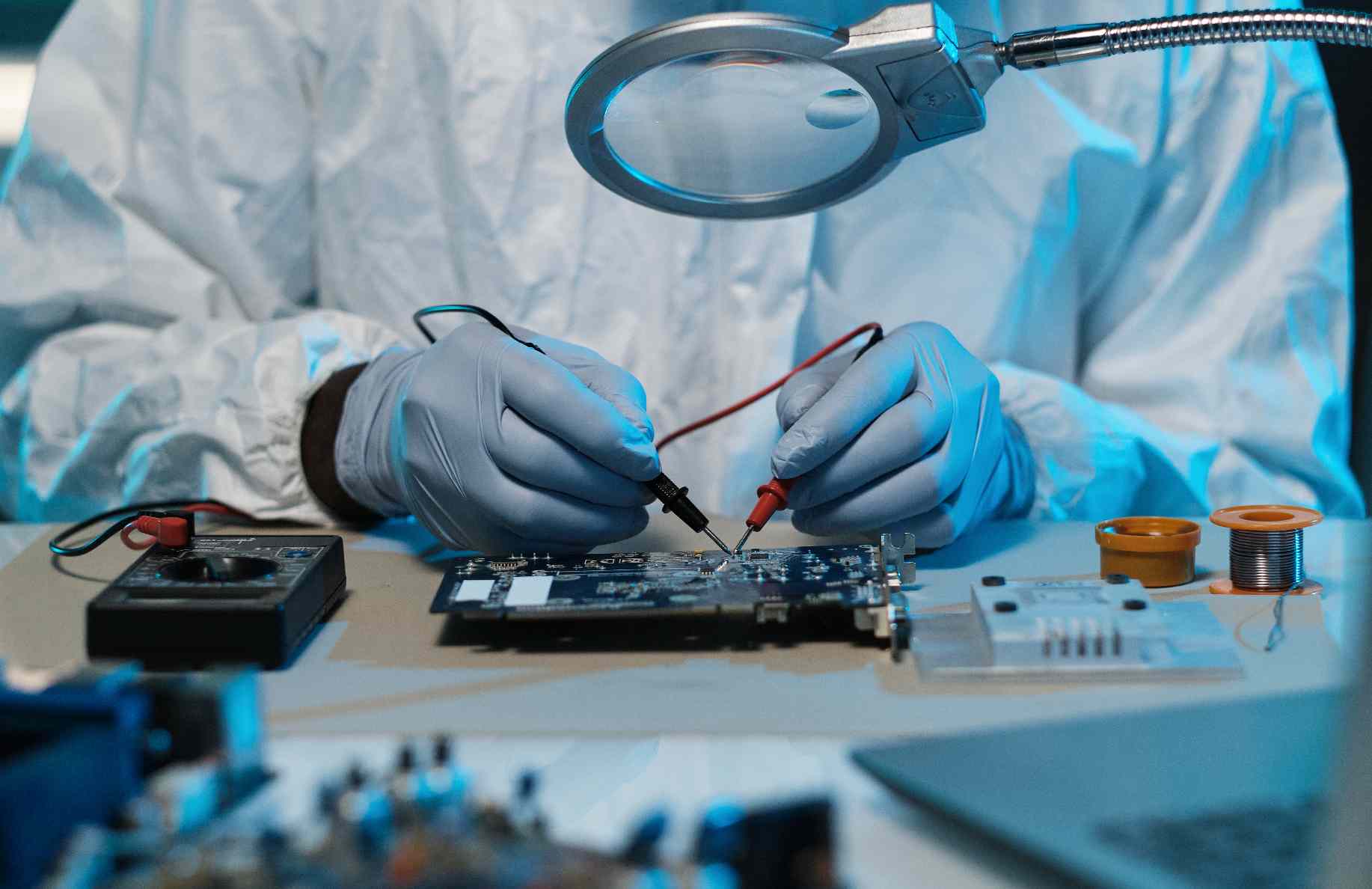Impact of Taiwan Earthquake
Published: 4.9.2024
While Taiwan focuses its future in intelligent computing, Taiwan's technological ambitions were temporarily sidelined by a powerful earthquake on April 3rd, 2024. The strongest tremor to hit the island nation in a quarter-century caused widespread damage. Recovery is expected to take weeks, disrupting daily routines, and potentially impacting certain industries.

The recent earthquake in Taiwan impacted the global semiconductor industry. In wafer foundry production, TSMC reportedly suffered losses of around $62 million. DRAM production was particularly affected, with Micron, whose main DRAM capacity sits in Taiwan, halting production entirely. This shutdown caused a domino effect, leading Samsung and SK Hynix to pause quoting new orders.
The impact on DRAM varied by company. While Micron's DDR4, DDR5, and HBM product lines faced production stoppages, particularly at their heavily impacted Taoyuan factory, reports suggest Nanya Technology also experienced some disruption. Conversely, Power Semiconductor Manufacturing Co. (PSMC) and Winbond seemed less affected.
The recent earthquake primarily affected Taiwan's northern and central regions, which house a significant portion of both the DRAM and foundry industries. While most foundries are located in areas with a seismic intensity level of 4, a TrendForce report highlights potential concerns for TSMC's Hsinchu facilities
Water pipe ruptures at TSMC's Hsinchu R&D headquarters (Fab12) caused water intrusion into some machines, particularly those involved in the non-mass produced 2nm process. While short-term operations are unaffected, replacing moisture-damaged equipment could lead to increased capital expenditure. So far, no major casualties have been reported at TSMC facilities. Other factories underwent inspections and temporary shutdowns but have since resumed normal operations.
Despite frequent earthquakes, Taiwan's chip industry boasts robust anti-seismic measures. Sensitive equipment, like TSMC's crucial EUV machines, are specifically installed to minimize damage from tremors. These safeguards can effectively reduce the impact by 1-2 earthquake intensity levels. This preparedness is evident in the recent earthquake, where no major damage to EUV equipment was reported.
Industry analysts, including TechInsights, echo this sentiment, predicting minimal long-term impact on the semiconductor industry (assuming no unforeseen changes). High existing inventory levels should buffer any short-term supply disruptions. The earthquake might even benefit the storage industry by increasing demand in areas with constrained supply.


.png)
